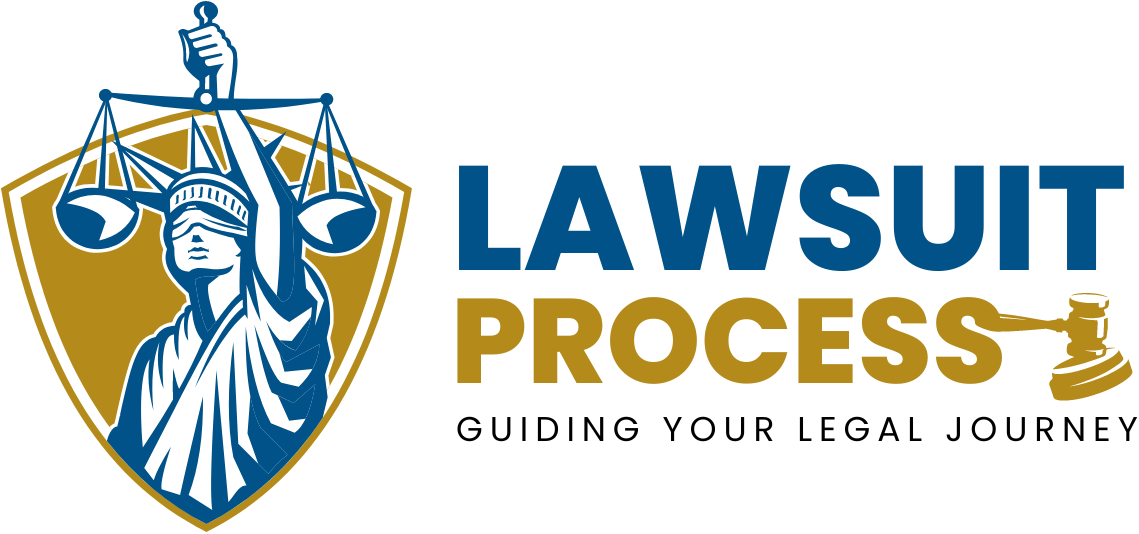The world is witnessing rapid artificial intelligence (AI) advancements with profound impacts across industries. Among these, the legal profession stands out as an area poised for transformative change. AI, especially generative AI, is reshaping the way lawyers and legal firms operate, raising questions about ethics, efficiency, and the role of human judgment.
Drawing on insights from Harvard Law School’s Professor David Wilkins and others, this article explores how AI will redefine legal practices, address access-to-justice gaps, and challenge traditional legal education and ethics.
Table of Contents
- The Power of Generative AI in Legal Practice
- Efficiency and Productivity Gains with AI
- Ethical Challenges of AI in the Legal Field
- Democratizing Access to Justice with AI
- Challenges in Regulation and Accountability
- How AI Will Shape Legal Education
- AI’s Role in Global Legal Trends
- The Lawyer of the Future: Augmentation, Not Replacement
- Conclusion: A Balanced Approach to AI in Law
The Power of Generative AI in Legal Practice
Generative AI models like OpenAI’s ChatGPT and others have gained prominence for their ability to produce human-like text, analyze large datasets, and mimic problem-solving skills. In the legal industry, these tools can streamline tedious tasks that previously consumed countless billable hours. This includes drafting contracts, reviewing documents, and conducting case-law research with unparalleled speed and accuracy.
For example, a process that would take a team of junior associates hours or days to complete can now be executed in minutes. This shift offers opportunities for firms to reduce costs, improve accuracy, and serve clients more efficiently.
However, as Professor Wilkins highlights, this doesn’t mean lawyers will become obsolete. Instead, they must embrace a new paradigm where AI augments their expertise rather than replaces it.
Efficiency and Productivity Gains with AI
The introduction of AI into legal practice is fundamentally about enhancing productivity. Tasks traditionally categorized as “low-value” work, such as proofreading contracts or cross-referencing citations, can now be automated.
- Document Review: AI tools like Relativity and eDiscovery software help firms analyze troves of documents in litigation and discovery phases. They can identify relevant pieces of evidence or pinpoint inconsistencies faster than human teams.
- Contract Drafting: Platforms like LegalZoom leverage AI to draft standard contracts, lease agreements, and NDAs for clients without direct human intervention.
- Case Prediction: AI models analyze previous judgments and legal trends to predict case outcomes, helping lawyers develop more effective strategies for their clients.
These advancements free up attorneys to focus on more strategic work, such as negotiations, courtroom advocacy, and crafting complex legal arguments.
Ethical Challenges of AI in the Legal Field
While the benefits are clear, the use of AI in legal settings is fraught with ethical dilemmas. The algorithms powering AI tools are only as unbiased as the data they’re trained on. If AI systems are fed historical data with embedded prejudices, these biases can perpetuate in legal decision-making.
- Algorithmic Bias: AI tools used in criminal sentencing or bail decisions can reinforce racial or socio-economic disparities if trained on biased datasets.
- Privacy Issues: AI systems rely on access to vast amounts of data, including sensitive client information. Legal professionals must ensure compliance with privacy laws such as GDPR and HIPAA when integrating these tools.
- Accountability: If an AI-generated contract contains errors or if AI predictions negatively influence a case’s outcome, it raises questions about who bears the responsibility.
Democratizing Access to Justice with AI
One of the most promising impacts of AI lies in its potential to close the justice gap. Many individuals and small businesses cannot afford traditional legal services, leading to an underrepresentation of marginalized communities in courtrooms. AI can act as a bridge to address this disparity.
- Legal Chatbots: Tools like DoNotPay help users contest parking tickets, draft small claims court filings, or understand tenant rights—all without hiring an attorney.
- Self-Service Platforms: AI-driven platforms allow individuals to draft wills, set up businesses, or manage simple estate planning without incurring high legal fees.
- Nonprofits and NGOs: Organizations can deploy AI to provide free legal assistance to underserved populations, translating complex legal language into accessible advice.
Challenges in Regulation and Accountability
With AI’s growing role in legal decisions, policymakers must establish clear regulatory frameworks. Currently, the legal profession operates under strict codes of conduct, but the same level of oversight does not yet extend to AI tools.
Steps that need to be taken include:
- Certification Standards: AI tools should undergo rigorous testing and certification processes to ensure reliability before deployment in legal contexts.
- Transparency Requirements: Algorithms should be explainable, allowing judges, lawyers, and clients to understand how AI reaches conclusions.
- Collaborative Oversight: Bar associations, legal tech firms, and government bodies must work together to create ethical AI guidelines tailored to the legal profession.
How AI Will Shape Legal Education
The future of legal education must evolve alongside technological advancements. As AI becomes integral to legal practice, law schools have an obligation to prepare students for this shift.
- Interdisciplinary Learning: Programs like Harvard Law School’s “Computer Science for Lawyers” offer essential skills in coding, algorithmic literacy, and data analysis.
- AI Clinics: Institutions are creating experiential learning opportunities where students work with AI tools to solve real-world legal problems.
- Ethics Training: Given AI’s ethical complexities, future lawyers must learn to navigate these dilemmas and understand the societal implications of technology.
AI’s Role in Global Legal Trends
The adoption of AI in legal systems is not limited to the United States. Globally, courts and law firms are leveraging AI in innovative ways.
- India: Courts use AI tools like SUPACE (Supreme Court Portal for Assistance in Court Efficiency) to expedite case analysis.
- Canada: AI applications are being explored for alternative dispute resolution (ADR) mechanisms.
- European Union: EU policymakers are leading the charge in AI regulation, balancing innovation with strict privacy and ethical standards.
The Lawyer of the Future: Augmentation, Not Replacement
Contrary to popular fears, AI is unlikely to replace lawyers entirely. Instead, it will redefine their roles. Lawyers will need to blend traditional skills like advocacy and critical thinking with technical expertise in AI-driven tools.
- Adaptability: Lawyers must stay ahead of technological trends and continuously upskill.
- Tech Savviness: Understanding how AI tools work will be crucial for interpreting and validating their outputs.
- Emotional Intelligence: Despite AI’s capabilities, human empathy and judgment remain irreplaceable in sensitive matters such as family law or criminal defense.
Conclusion: A Balanced Approach to AI in Law
AI’s transformative potential in the legal profession is undeniable. From streamlining workflows to democratizing legal access, the benefits are vast. Yet, these advancements come with significant challenges, including ethical concerns, accountability gaps, and the need for robust regulation.
As Professor David Wilkins and other experts have emphasized, the key lies in balance. AI must be used to enhance—not undermine—the principles of fairness, equity, and human judgment that underpin the legal profession.










